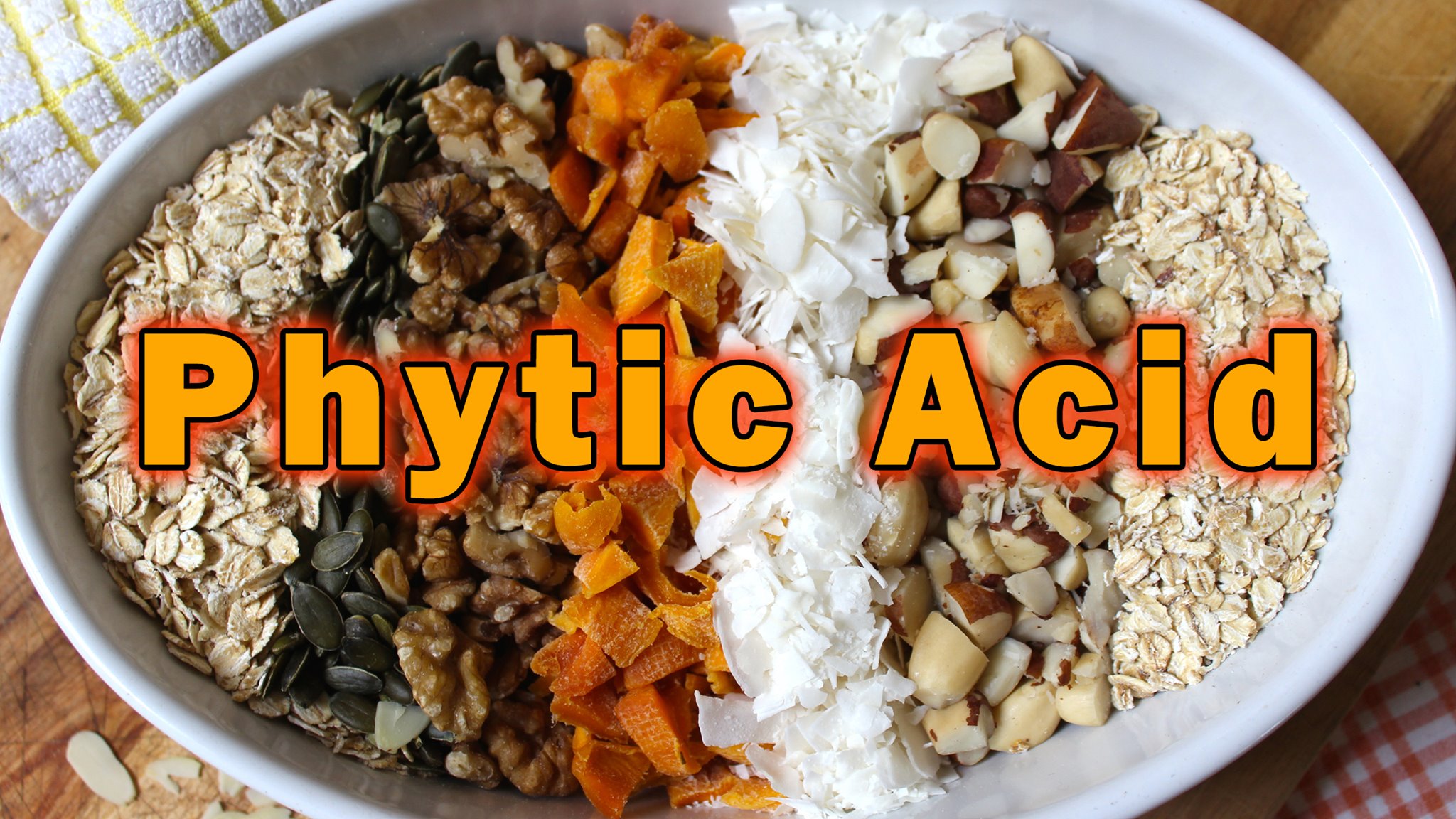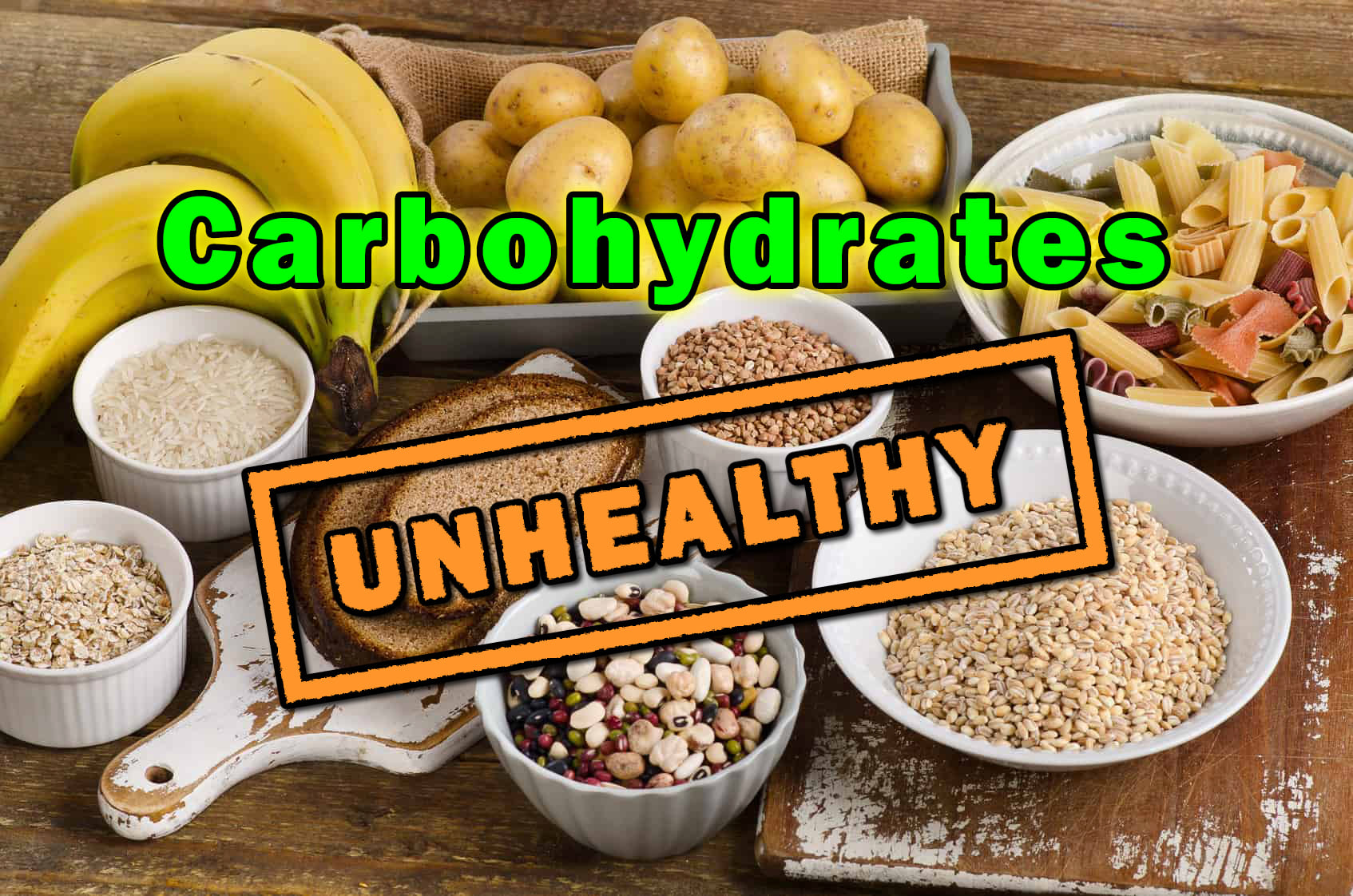Founder of the first Health & Fitness internet community Ironmag in 1996, former Editor-in-Chief for two magazines within the health and extreme sports industry, founder of Sweden’s largest discussion board Kolozzeum, writer and author for over 29 years with more than 600 officially published articles, more than 1600 self-published articles, and 8 books. Elite-level trainer/coach, nutritionist and body transformation specialist with over 32 years of experience with more than 1100 clients.
17 years of wasted studies in Western ‘Modern’ Medicine and Pharmacology. Animal-based nutritionist since 2018. Over 5 years of study of Biology, Microbiology, Biochemistry, The Terrain Theory, and 3.5 years of studying German New Medicine – which all helped me heal my cancer and failing organs in 2018, healed my life-long asthma and allergies, and has not been sick one single day since. Please note, that Joachim is still recovering from over-sensitivity and mental-fatigue from the healed brain tumor, and can thus only answer a few messages and e-mails a day as time is very limited.
Joachim is a truth-seeker at heart, an observer of the occult (know your enemy,) and with a contact network all over our world.
He is also the founder of the uncensored online-community Ungovernable — the one-stop website for anyone interested in seeking the truth — where he writes and answer questions daily.
“Everything you read on this website are my thoughts, views and speculations based on my experiences, knowledge and what I see daily. It’s nothing more than possibilities for you to consider, in which you can ponder the ideas and make your own conclusions.”







